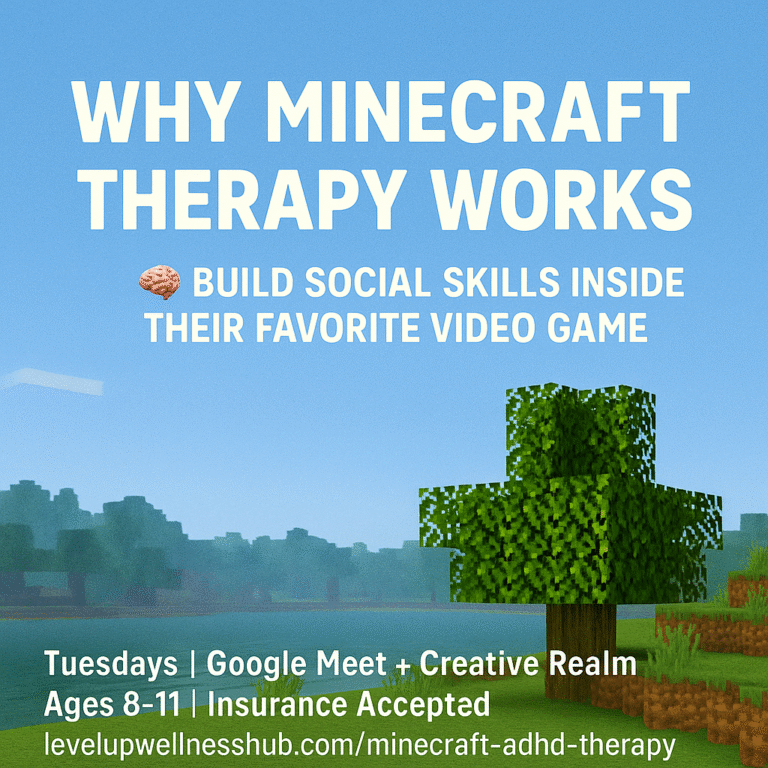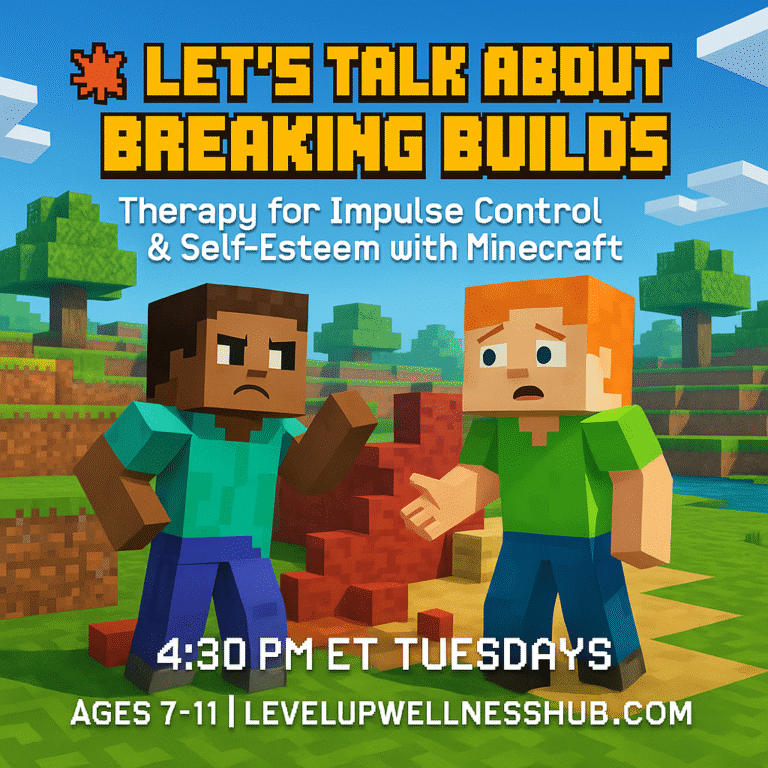Menopause as a Time of Growth, Strength, and Renewal
Menopause doesn’t have to be a time where everything feels like it’s falling apart. For many women, it can be a powerful invitation to pause, re-evaluate, and create a day-to-day life that finally aligns with their most authentic selves.
That version of you—the one who may have gotten lost in the hustle and bustle of everyday life, in motherhood, in climbing the career ladder, or in supporting a partner—deserves space to reemerge. Menopause can be a season of growth, opportunity, joy, health, strength, empowerment, and so much more.
And if you’re also living with ADHD, these shifts can feel even more intense. Hormonal changes during perimenopause and menopause can magnify ADHD symptoms like brain fog, emotional sensitivity, and memory lapses. But with the right tools and vision, this season can also become a time of clarity and empowerment.
Why Menopause Can Be an Empowering Time
This stage of life can also be deeply introspective. It’s a chance to reflect and get clear on who you are today and what matters most to you moving forward. It’s an opportunity to let go of what no longer serves you and intentionally create space for what does.
As the years go by, many women forget to check in with themselves. We get so focused on external responsibilities that we rarely stop to ask: What do I really want for myself? What do I need most in this season of life?
Menopause—and especially menopause with ADHD—can be the perfect time to return to these fundamental questions.
What Is a Menopause Vision Statement?
One way to do this is by creating a Menopause Vision Statement.
A vision statement is a simple but powerful way to get clear on your values and goals during menopause. It becomes your north star—a personal guide to help you navigate changes, make decisions, and focus your energy on what truly matters.
Your Menopause Vision Statement is unique to you. Some examples might look like this:
- “In my life, thriving during menopause means getting to compete in triathlons, play with my grandkids, and enjoy a variety of foods with the people I love.”
- “Thriving during menopause means spending as much time as possible with my family, tending to my beautiful garden, and being strong enough to do a push-up.”
- “If I’m thriving during menopause, then I feel alive and joyful; I spend my time hiking outside with my friends; I practice gratitude to nourish my body and soul; and I make sure to prioritize sleep and protein for my health and fitness.”
This kind of vision does more than just reframe menopause as positive—it also helps you and your coach build a personalized plan that supports thriving.
How the Vision Statement Shapes Coaching
Let’s take the example Vision Statement:
“Thriving during menopause means getting to compete in triathlons, play with my grandkids, and enjoy a variety of foods with the people I love.”
With this in mind, your coaching program might include:
- Eating balanced meals that fuel training without unnecessary restrictions.
- Prioritizing endurance workouts with some strength training to support muscle and bone health.
- Building sleep strategies to ensure energy for both training and playing with grandchildren.
For women with ADHD, coaching may also involve skill-building to strengthen time management, reduce anxiety, and find new systems when old ones stop working. This can mean externalizing memory, reframing rest as fuel, and practicing emotional regulation tools that align with your vision.
Using Your Vision to Make Choices
The Menopause Vision Statement can also help you evaluate daily behaviors. For example, let’s say you wonder if cutting back on alcohol would help.
Through the lens of your Vision Statement, the decision becomes clearer:
- If training and staying energized matter most, you might cut back because alcohol leaves you tired and less active.
- If a thriving social life is more aligned with your vision, then enjoying wine tastings and dinners with loved ones might stay a priority, and you may choose to adjust elsewhere.
There’s no “right” or “wrong” choice—just the one that aligns best with your vision.
Menopause, ADHD, and the Power of New Tools
When you approach menopause with ADHD, the changes can feel disorienting. Old tools may stop working, and anxiety often increases as routines unravel. But this doesn’t mean you’ve failed—it means it’s time to build new supports that work with your new brain and body.
Skill-building strategies might include:
- Externalizing memory with planners and reminders
- Breaking tasks into smaller steps to reduce overwhelm
- Developing time management systems that fit this stage of life
- Exploring whether ADHD medication, HRT (Hormone Replacement Therapy), or a combination might help reduce symptoms
- Practicing anxiety reduction through grounding, journaling, or therapy
These strategies aren’t just “nice to haves”—they are survival tools that create resilience and relief.
A New Chapter of Empowerment
When you approach menopause this way, it becomes more than a phase to endure—it becomes a chapter of empowerment. A time to rediscover yourself, honor your values, and create systems that help you thrive with strength, joy, and clarity.
✨ Ready to create your Menopause Vision Statement? Work with Victoria Prisco—Licensed Therapist, ADHD Specialist, and Menopause Coach—to uncover what thriving in this season looks like for you. Together, we’ll design strategies to help you move through menopause with purpose, balance, and confidence.
📅 Book a session today: levelupwellnesshub.com


